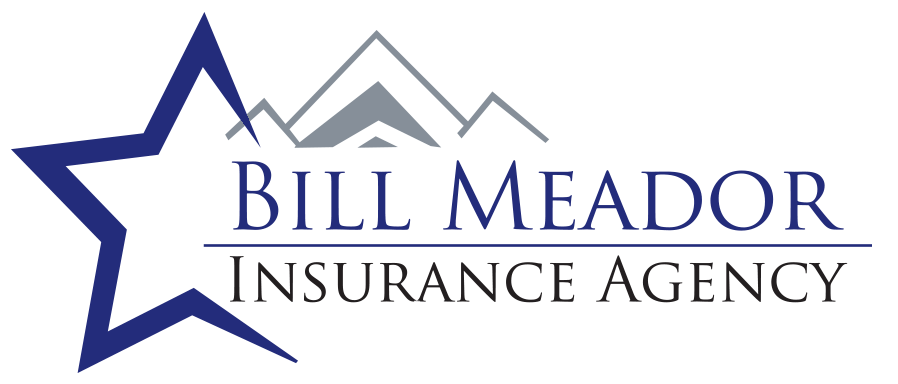Lithium Battery Fires: How to Spot the Warning Signs
Posted: December 23, 2021

As our portable electronic devices continue to get thinner and lighter, manufacturers have had to figure out ways to store a lot of energy in a small package. And advancements in lithium batteries have allowed them to do just that. But as use of lithium batteries has become widespread in devices like laptops and smartphones, we’ve also seen an increase in battery fires. According to...
How to Leave a Legacy through Life Insurance
Posted: December 22, 2021

Your legacy – what will it be, and how will you be remembered when you pass? A guaranteed death benefit provides financial support when your loved ones need it most. The policy benefits can be used to buy property, provide for the family, pay for college tuition, trips, or whatever your loved ones choose, but one thing you can count on – the legacy you...
7 Mistakes Small Business Owners Make When Filing Claims
Posted: December 19, 2021

As a small business owner, you have consistently paid your insurance premiums. When the time comes to file a claim, it can be a shock to have your claim denied and be forced to pay out of pocket – especially when you believed you were covered. These are the most common mistakes small business owners make: Failed to Understand Covered Perils Insurance policies cover specific...
6 Tips to Prepare for Power Outages
Posted: December 16, 2021

We rely on electricity to stay warm, keep our homes illuminated, cook, heat or pump water, and to keep us entertained on our TVs and other devices. A power outage can be a short-term annoyance or last for days. It is worthwhile, with weather systems changing, to have a plan in place, so your family stays safe in a lengthy power outage. Keep a Supply...
7 New Year’s Resolutions for Business Owners
Posted: December 13, 2021

Walk 10,000 steps each day. Read a new book each month. Learn how to play the flugelhorn. The sky’s the limit when creating your list of New Year's resolutions. But while you ponder the merits of your next personal goal, there’s another area of your life that could benefit from a little introspection at the year’s end: your business. As a small business owner, you...

